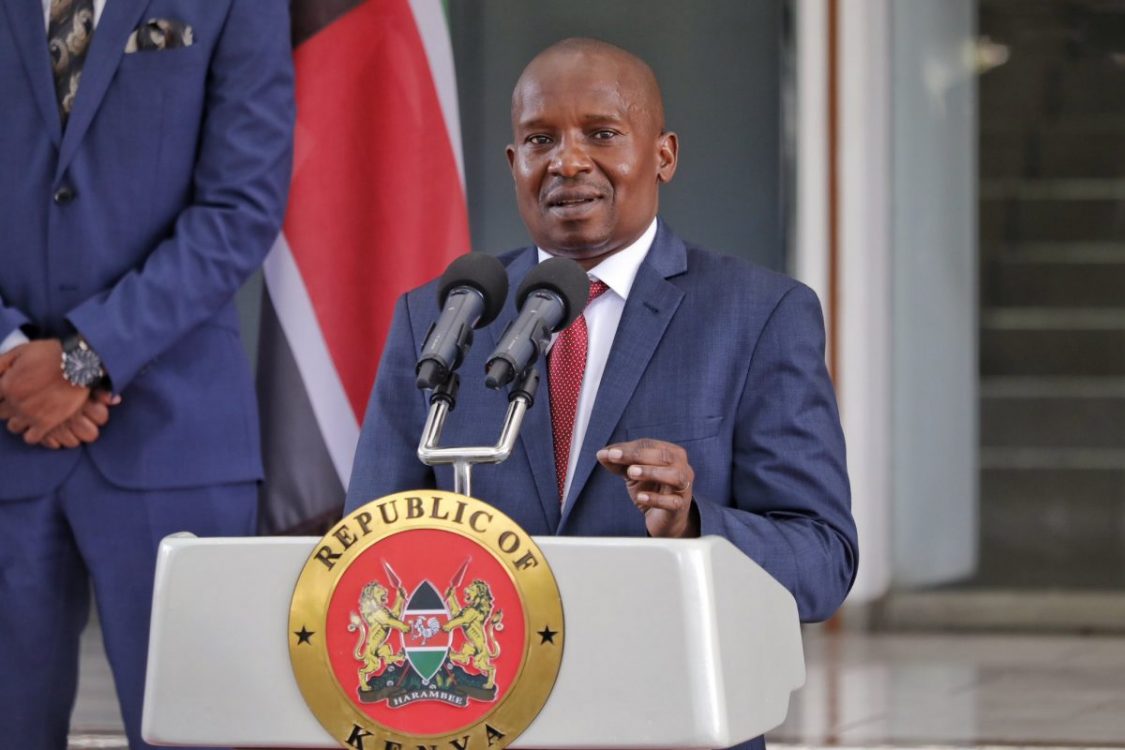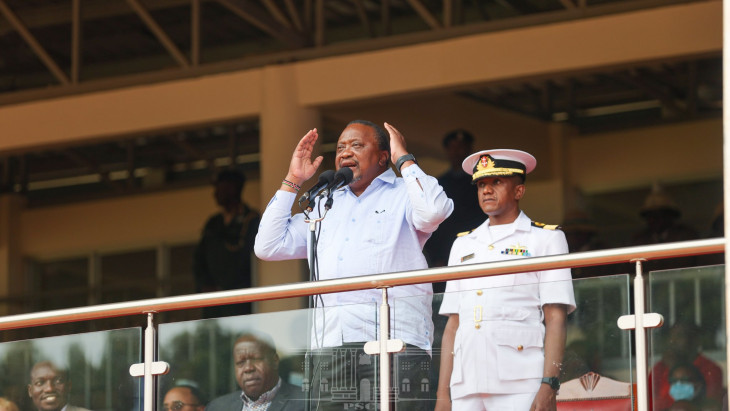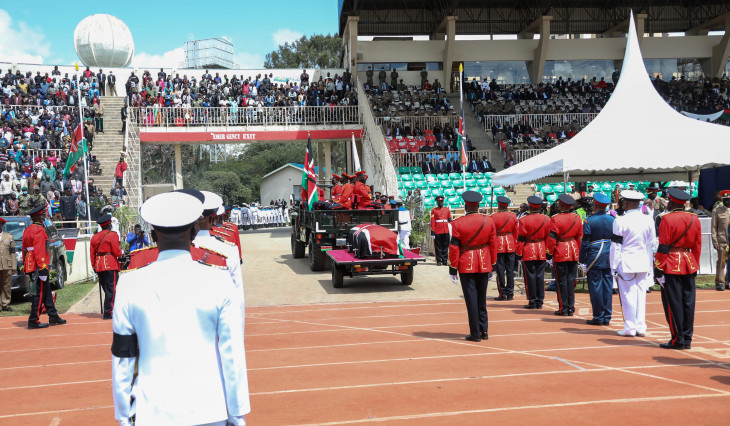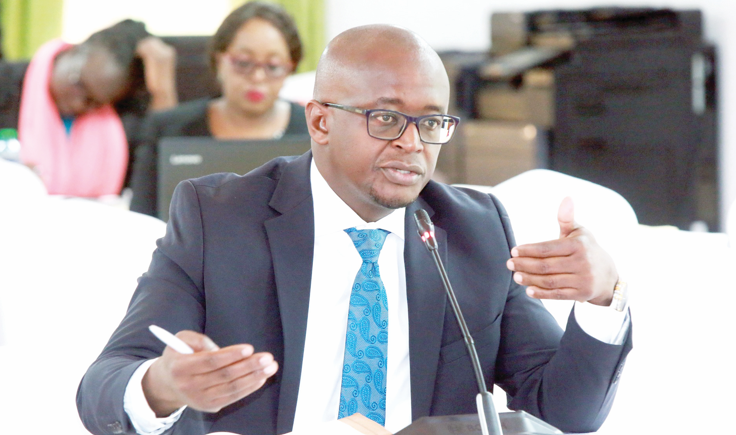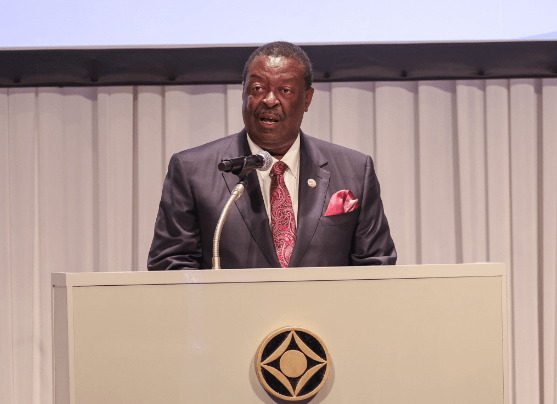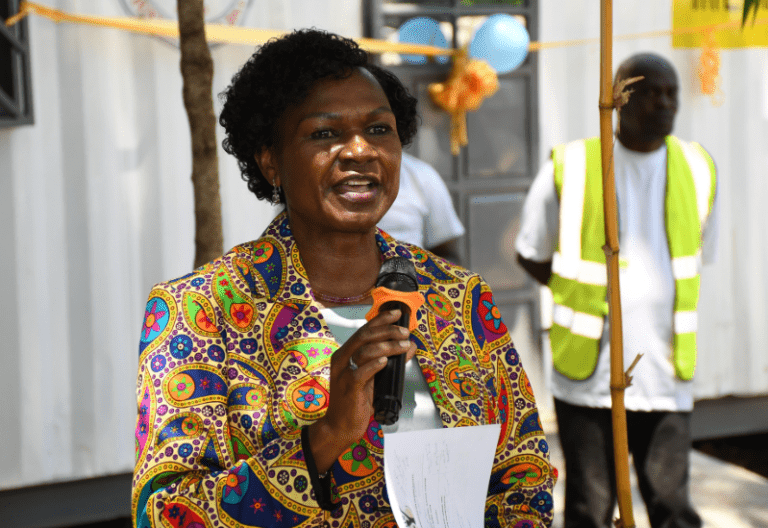Implement Waki, TJRC reports, urges taskforce
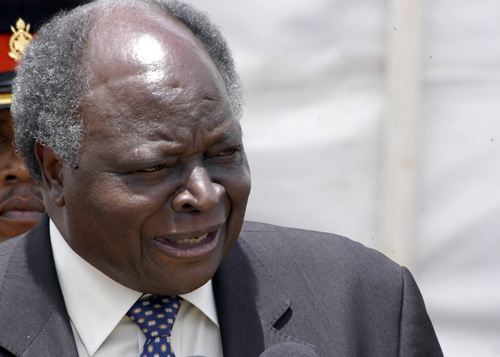
The Building Bridges (BBI) technical team has recommended that the Truth, Justice and Reconciliation Commission (TJRC) report, which addresses historical injustices, and which has been a hot potato be fully implemented to address ethnic antagonism.
The recommendations also include implementation of the Waki Report which addresses injustices that were committed during the 2007 post-election violence which was triggered by political competition. The reports by the Commissions that were chaired by the late Bethuel Kiplagat and Justice Philip Waki respectively, proposed a raft of recommendations to address a myriad of injustices committed by the government to its people.
However, they have been gathering dust on the shelves as no government; both during the retired President Mwai Kibaki and President Uhuru Kenyatta have been willing to implement them despite mounting pressure from the Opposition.
According to the recommendations by the team that was created after the March 9 Handshake between President Uhuru Kenyatta and Opposition leader Raila Odinga, to forge a better future for the country, the reports must be fully implement because past mistakes are the cause of unending tribal animosity.
TJRC report looked into the gross violations of human rights and historical injustices that occurred from December 12, 1963 when Kenya became independent to February 28, 2008 when the Coalition Agreement was signed between President Kibaki and Raila.
It addressed historical injustices related to land, socio-economic rights, economic crimes and grand corruption, unlawful killings, enforced disappearances and torture, and also discussed national unity, healing and reconciliation, particularly with regard to ethnic tensions.
On the other hand, the Waki Commission made an inquiry into the 2007/08 post-election skirmishes that killed 1, 300 people and left more than 350, 000 homeless to investigating the facts and circumstances surrounding the violence.
The BBI team, according to sources, also identified the winner-takes-all electoral system that is propelled by ethic balkanisation and scramble over resources — at national and County — levels as major causes or source of ethnic tensions.
Since the advent of multiparty, campaigns and elections are marred by stereotyping and ethnic profiling, where tribal kingpins use their tribesmen as a launch pad for their bid to power, which has led to bad blood between communities.
The common denominator in all the ethnic animosity has been the presidential elections where the communities behind losers always take on those behind winners and BBI team has recommended a review on the electoral system touching on the Executive to end the winner-takes-all approach.
The worse was in 2007, where Kalenjin, Kikuyu and Luo communities slaughtered each other after President Kibaki was announced the winner, and in 2013 and 2017 when the Luo community turned against each other the latter’s kingpin Raila lost to President Kenyatta.
Creation of the position of a Prime Minister, limitation of the presidential term to non renewable seven years and adoption of a parliamentary system of government are some of the key proposals fronted by the team to address the divisive politics.
Further, the team, according to sources, has recommended that competition for leadership be made a contest of ideas through political party platforms as opposed to ethnic warfare to help sweep away the ethnic factor in the elections.
The team has also recommended that ethnic profiling, which is normally perpetrated by politicians me made a felony punishable in law and also ensure the National Cohesion and Integration Commission (NCIC) activities are taken seriously to promote cohesion.
Regarding sharing of resources, the team wants policies and legislation be enacted on equitable access to resources at national, regional and local levels to end the scramble.
